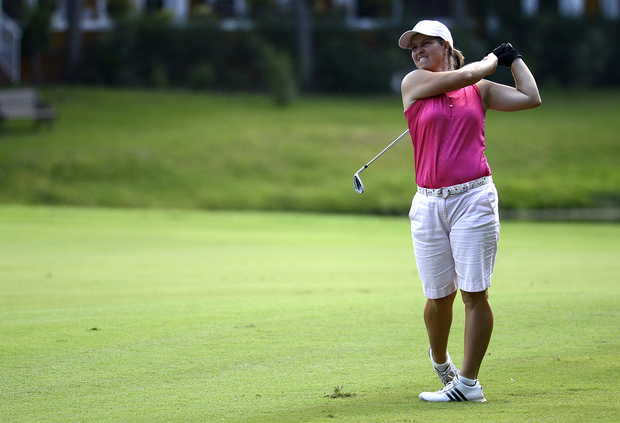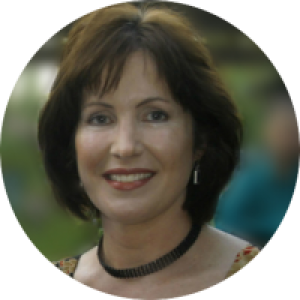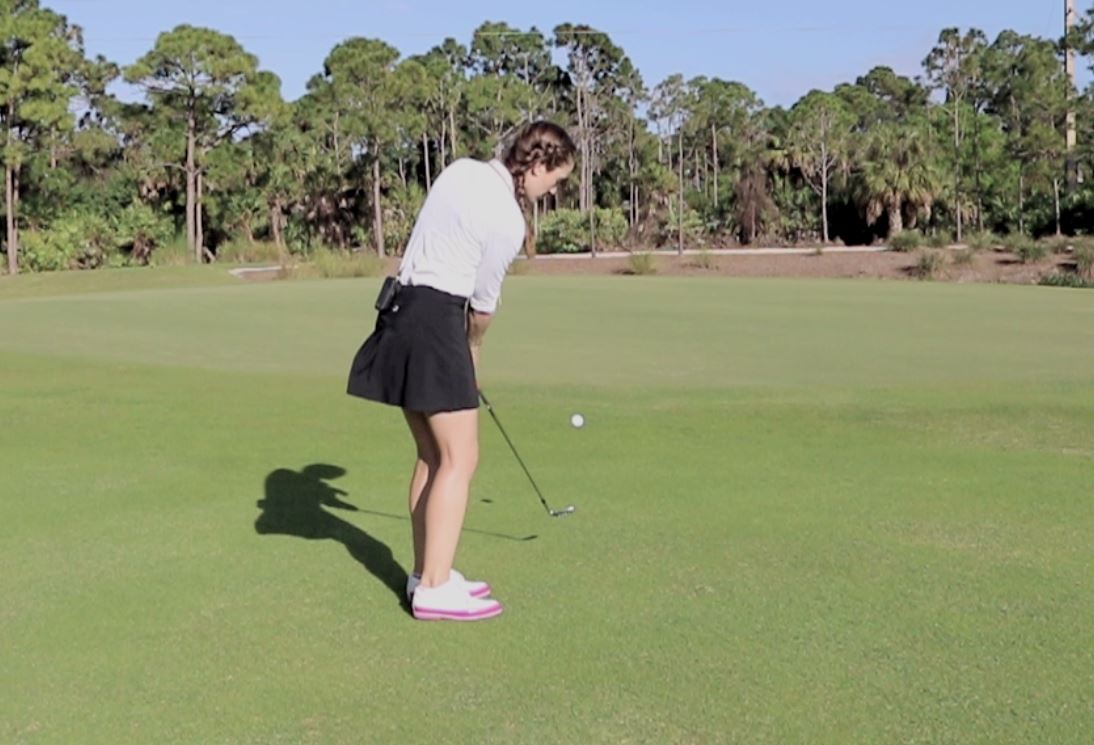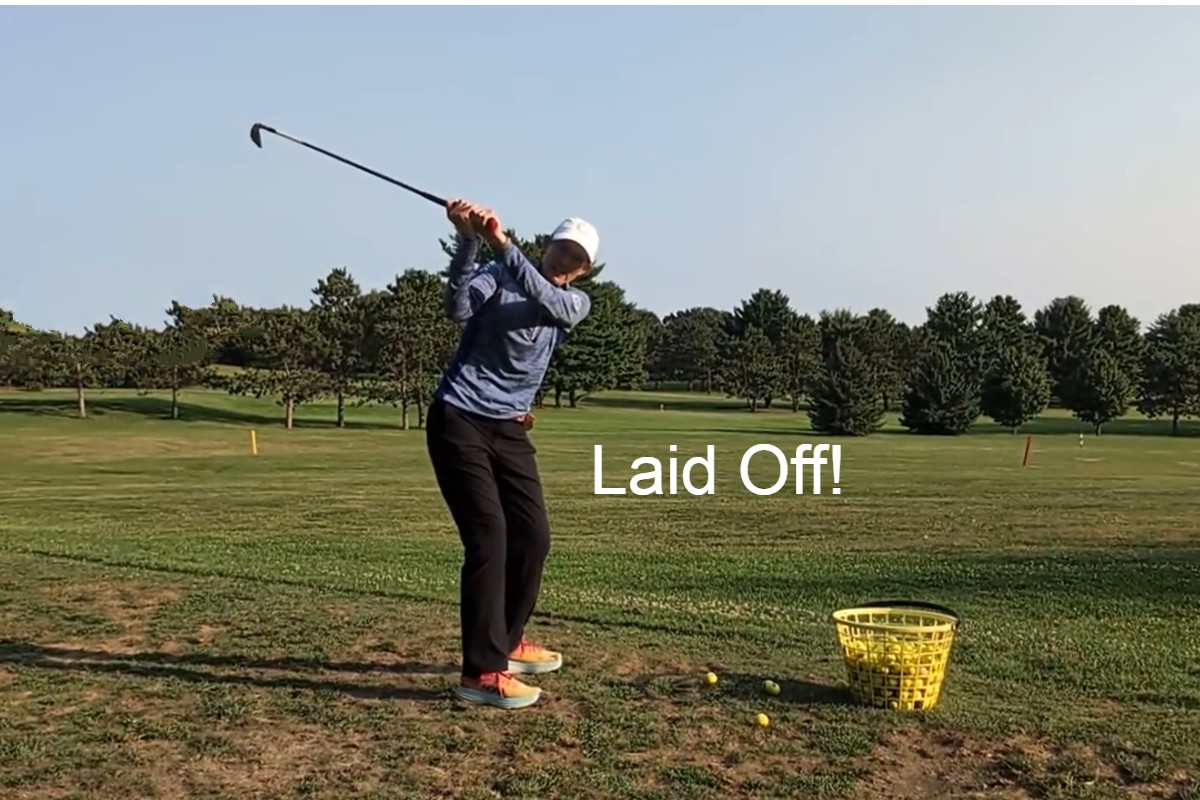We were delighted when five-time Women’s South Carolina Amateur Champion Dawn Woodard, who plays out of the Thornblade Club in Greer, South Carolina, offered to help us improve our coverage of top-level women’s amateur golf. Dawn brings to this role her first hand experience and the professional insight she has gained from working with several collegiate teams and USGA Champions in her Judgment Matters consultancy.
As an introduction for our international readers, Dawn, who was on her way to play in the inaugural U.S. Women’s Amateur Four-Ball Championship at Bandon Dunes, was kind enough to take part in a short Q&A session.
Dawn, how did your golf journey start?
I started playing golf when I was 8 years old. I grew up in a very small town in South Carolina that didn’t even have a traffic light, but it did have a golf course. We lived on the 12th fairway, and I spent my summers swimming in the pool and playing golf. I was always the athletic one who played all types of sports, so I gave golf a shot because it was right there in my back yard so why not?
Who was your biggest influence at that time?
Steve Heher, our head pro, was a huge supporter of junior golf and he took all the juniors under his wing. Steve taught us the entire game from basic skills and etiquette right through to competing. He used to take six or seven of us in his old “Astro” van to little junior golf tournaments and he helped us all improve. Although my parents were very supportive and always watched and helped in any way they could, they were not golfers so Steve was the one who filled that “teaching” role.
Here’s a random question… what is Dawn Woodard’s favorite course?
Wow…there are so many that I could name as golf courses that are phenomenal courses or great venues, and so many that have special memories for me from tournaments. I think my favorite golf course is tucked away in the mountains of North Carolina in Highlands, NC. Highlands Country Club offers an escape from the normal summer heat and humidity and it’s a great challenging round of golf with lifelong friends while surrounded by mountains and creeks. I always feel like time stands still when I’m there and I always leave wanting to go back.

Highlands Country Club NC.

You must have so many, but can you pick out a playing highlight for us?
That’s easy. The highlight that stands out for me is qualifying for the US Women’s Amateur in 2013. I had my 13-year-old daughter, Samantha, on the bag as my caddy, and I shot 73 and earned my spot through a playoff. To be a 39-year-old who had earned my way into the Amateur in my home state, and to have my friends and family come out and watch me play in a USGA event at that level was truly special. Having Samantha there to be part of it really sweetened the whole deal!
Did you ever consider turning pro?I never felt like I had to turn pro to prove to anyone that I could play at the next level. I never saw myself wanting to travel to play golf 30 or more weeks out of the year, especially once I had a family. There was a moment a couple of years out of college when I considered it, and I started discussing it with my husband, but that’s about the time that I found out I was pregnant with our first daughter and I never considered it again.

As you are the mother of three daughters I know this question is important to you. What things can the golf community do to further encourage girls to play?I think the more we make golf a fun social time for girls at an early age, the more successful we will be. Girls naturally want to play sports with their friends and it’s hard to always make that happen in golf. Families belong to different golf clubs, or they don’t belong to clubs at all and that makes it difficult to team up with their friends. We definitely need more events and organizations that group girls together and offer opportunities for them to play with their friends.
What are the performance improvement principles you work on with teams and individual players?My main goal when working with a team or individual is to help them gain a better understanding of what their natural tendencies are, especially under pressure. Every individual is unique and the more they completely understand who they are and what strengths and weaknesses they have, the easier it is to manage those things and be more confident and successful.Individual make decisions based on what is important to them and being able to identify those things allows me to help coaches know how to mange, motivate, challenge, and communicate with the player. There is no one “right” way to be successful and every successful person or athlete has weaknesses and battles that they have to tackle. If my client realizes that there is nothing “wrong” with them and that they just have to manage what they have, they will not only be more successful on the golf course but also in life. Coaches and those responsible for developing the player also learn that maybe their approach isn’t working with that player and they may need to make adjustments to maximize their potential. The assessment that I use to identify these strengths and weaknesses is a behavioral assessment known as the Judgment Index, and I like to say that my objective is to help all the people on a player’s development team be better at what they do. Developing a player is like opening a bank vault without knowing the combination. Unless the coach and player stumble upon the correct combination of practice, communication, and teaching there will always be frustration during the trial and error period. The Judgment Index assessment will identify tendencies in the player that will allow the development team to open that player’s vault of potential much faster and with a better understanding of why they are doing things the way they are.
Let’s finish with some specific advice for our readers. Can you give us some of the most important non swing things golfers can learn to help improve their enjoyment of the game?I’d say learn to be a competitor and find out how to win and be successful. Winning makes everything more fun and more rewarding, so find the level that you have to compete at in order to achieve success. Once you win at that level…raise the bar and keep climbing step by step. Another thing to work on is physical fitness. Good balance, flexibility, and strength are important keys to being successful and these are things that every individual can improve.
Any time a player gains an understanding of who they are and walks away better equipped to handle situations on the golf course and in life…that excites me and is a huge success. I have worked with several college teams, the US Curtis Cup team, instructors, & sports psychologists and I have also taught some PGA education seminars. Every time I have a player, coach or instructor tell me that this information has made a difference in their life…that’s a big success!

Dawn Woodard is a three-time USGA Women’s Mid-Amateur Medalist, two-time USGA Women’s Mid-Amateur Quarterfinalist, three-time USGA Women’s State Team Participant, two-time Carolina’s Women’s Match Play Champion, recipient of the 2012,2013, and 2014 Tuft’s Award for Player of the Year in the Carolinas, five-time South Carolina Women’s Match Play Champion, and five-time South Carolina Women’s Stroke Play Champion.
Dawn Woodard writes for Women’s Golf on amateur golf and performance enhancement. Read Dawn’s interview on improving your golf and enjoying the game.
To follow Dawn online, visit her website Judgment Matters or on Twitter.








